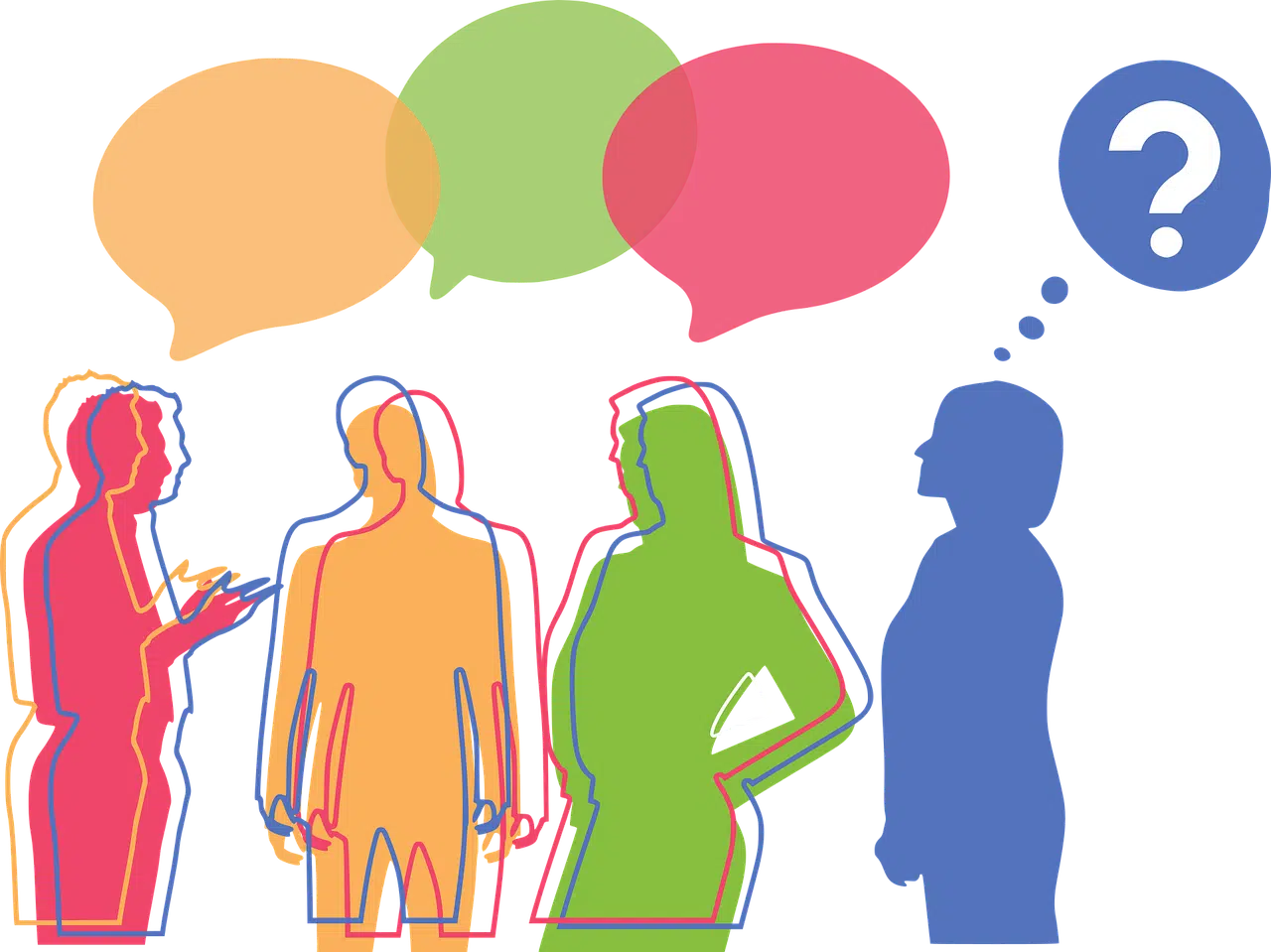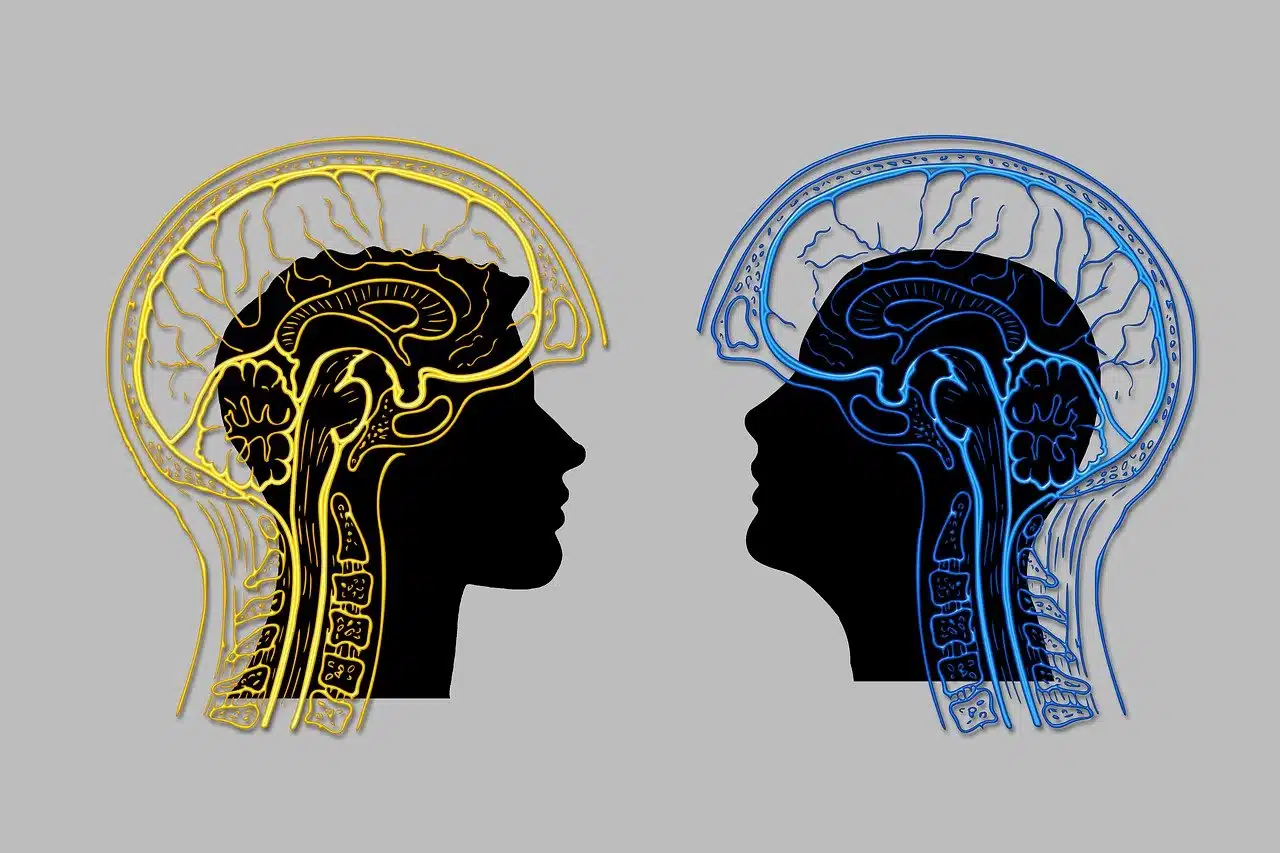
Dysphasia is a language disorder.
Dysphasia is a disorder that is caused by a supposed injury to the brain and that generates language difficulties. That is why this condition is also known as specific language disorder (whose acronym is SLI ) or also as specific language development disorder (in this case, the acronym is TEDL ).
The etymological origin of the term is found in Greek. Precisely in this language we see how it is formed by the union of three clearly differentiated lexical parts: firstly the prefix dis- which means "difficulty", secondly the concept phasis which is synonymous with "word", and finally, in Thirdly, the suffix -ia , which can be translated as “quality”.
In this way, literally following the mixture of these three terms we can establish that dysphasia is the quality that defines people who have difficulties when working with words .
Causes of dysphasia
When determining the causes that may lead a specific person to suffer from dysphasia, experts emphasize that, among the most frequent, are traumas of various kinds, the existence of a brain tumor , infectious diseases such as be meningitis or strokes that occur during the time of birth.
Generally, this disorder is detected in childhood and is distinguished from simple delays in language development in that they evolve more rapidly. The diagnosis of dysphasia includes exhaustive examinations of the subject's cognitive faculties and their mastery of language at the phonological, expressive, lexical , etc. level.
Problems in language fluency , dysfunctions in the articulation of concepts and errors in syntax are some of the symptoms present in dysphasia.

Brain trauma can be the cause of dysphasia.
The treatment
Regarding the treatment that those who suffer from dysphasia should have, it should be emphasized that it must be completely personalized, and adapted to the needs of each patient. However, in general it will be a matter of subjecting him to a language program that includes some pre-verbal actions and others focused on basic skills .
In the first case, the preverbal, what it is about is that the person learns to communicate with others through gestures, sounds or even drawings. Regarding the second type of activities, it must be emphasized that what will be attempted is to use everyday actions, such as eating or showering, to ensure that the patient in question learns to make sentences.
Experts say that individuals affected by dysphasia who do not receive effective treatment are prone to experiencing trauma in their psychology . Diagnosis and treatment must depend on the joint work between a neuropsychologist and a speech therapist ( speech therapist ).
Typically, treatment includes presenting various linguistic challenges in different contexts to the patient, increasing their frequency.
